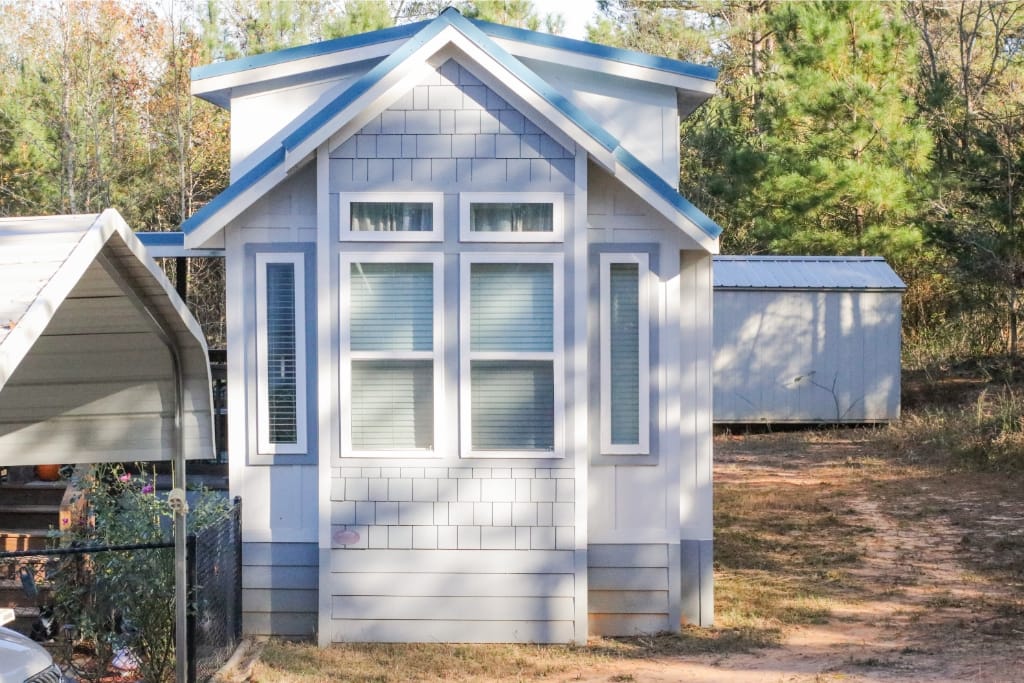Are you considering adding an Accessory Dwelling Unit (ADU) to your property?
With their growing popularity, ADUs are a fantastic way to provide additional housing solutions and enhance your property's value.
Before you embark on this exciting project, it's crucial to familiarize yourself with the essential permits and regulations involved.
Understanding these requirements will ensure a smooth and compliant construction process for your ADU.
We will discuss four essential permits and regulations that you need to be aware of when building an ADU.
1)) Building Permit
The first key permit you will need when building an ADU is a building permit.
A building permit is required for any new construction or renovation project that alters the structure of a building.
This includes the construction of an ADU. When applying for a building permit, you will need to submit detailed plans and specifications for your ADU, including information on the size, layout, and materials used in the construction.
The permitting process can vary depending on your location, so it's important to check with your local planning department to ensure you have all the necessary documentation.
2)) Zoning Permit
The second key permit you will need is a zoning permit. Zoning regulations govern how land can be used within a specific area.
Before constructing an ADU, you will need to ensure that your property is zoned appropriately for this type of development.
Some areas have restrictions on the size or placement of ADUs, so it's important to review the zoning regulations in your area before moving forward with your project.
If your property is not zoned for an ADU, you may need to apply for a variance or seek approval from the zoning board.
3)) Plumbing Permit
In addition to building and zoning permits, you may also need to obtain a plumbing permit for your ADU construction project.
This permit ensures that all plumbing work meets local building codes and regulations.
Plumbing permits are typically required for any work that involves installing or modifying plumbing fixtures such as sinks, toilets, or showers.
It's important to hire a licensed plumber who is familiar with local codes and regulations to ensure that your plumbing work is done correctly and passes inspection.
4)) Energy Efficiency Requirements
The final key regulation to consider when building an ADU is energy efficiency requirements.
Many jurisdictions have adopted energy efficiency standards for new construction projects, including ADUs.
These standards may include requirements for insulation levels, HVAC systems, windows, and appliances to reduce energy consumption and lower utility costs.
Before beginning construction on your ADU, it's important to research the energy efficiency requirements in your area and ensure that your project complies with these standards.
Conclusion
Building an Accessory Dwelling Unit can be a highly rewarding endeavor, offering additional living space or new rental income opportunities.
However, navigating the permitting and regulatory landscape is key to ensuring your project is both legal and successful.
In this article, we've covered four essential permits and regulations: building permits, zoning permits, plumbing permits, and energy efficiency requirements.
Keep in mind that these are just a few of the numerous regulations you may encounter.
By thoroughly understanding and obtaining the necessary approvals and adhering to local standards, you can create a compliant and high-quality ADU.
Always consult with local authorities and professional experts throughout the planning and construction phases to make sure you are on the right track and your ADU meets all required guidelines.
Download Our Free E-book!







